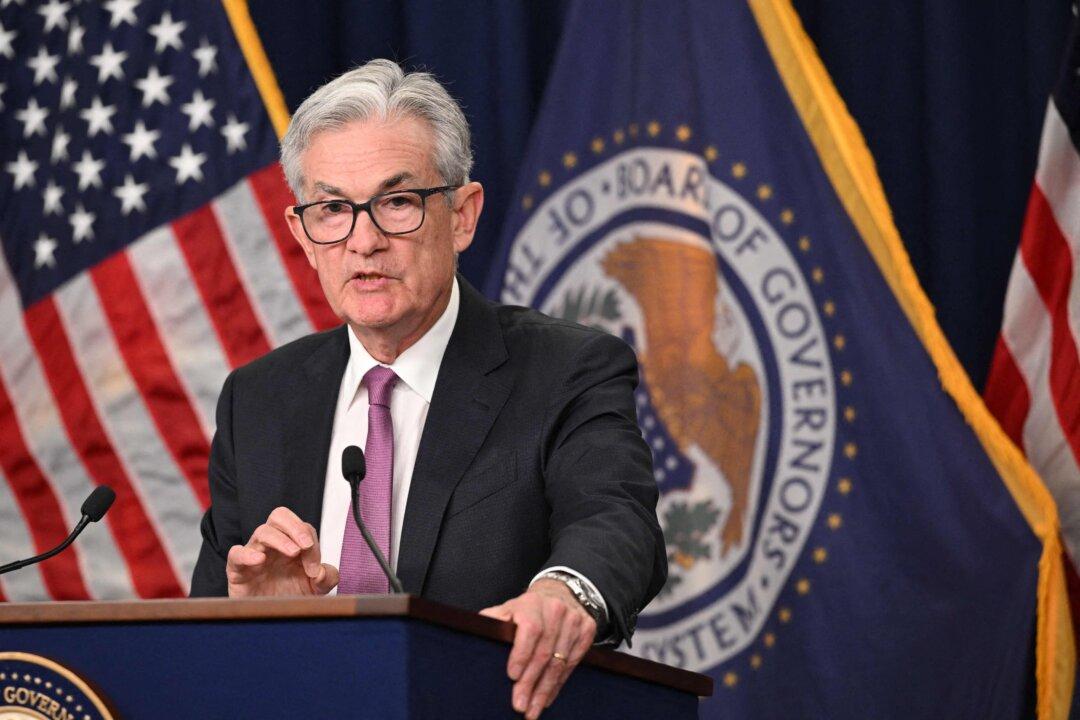Commentary
“A million workers working for nothing. You better give them what they really own,” John Lennon sang in “Power to the People.”

“A million workers working for nothing. You better give them what they really own,” John Lennon sang in “Power to the People.”